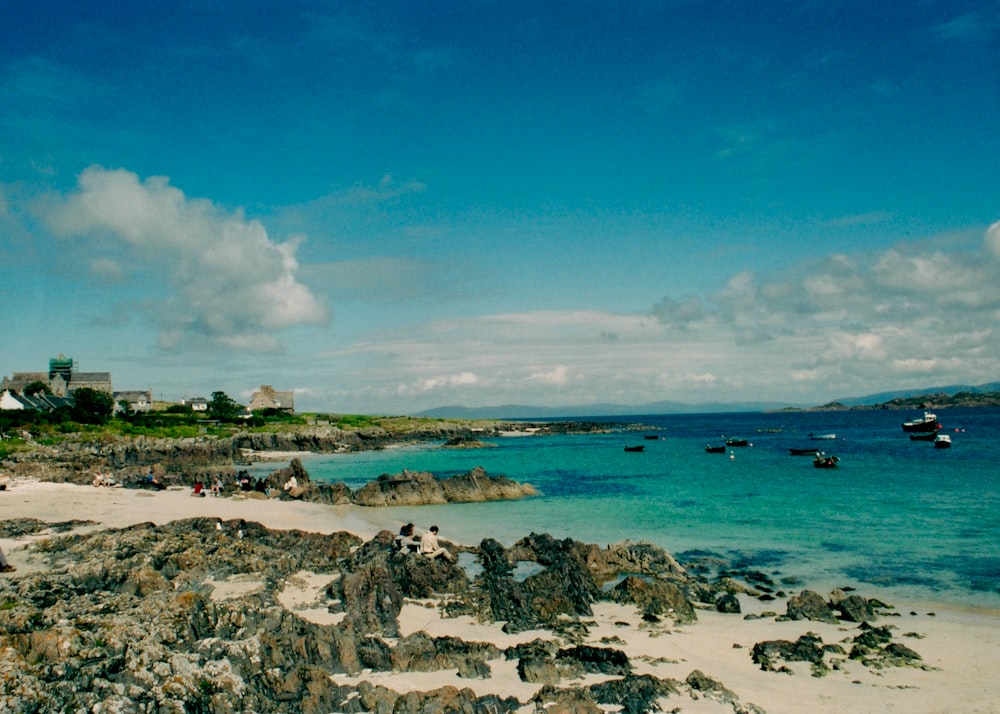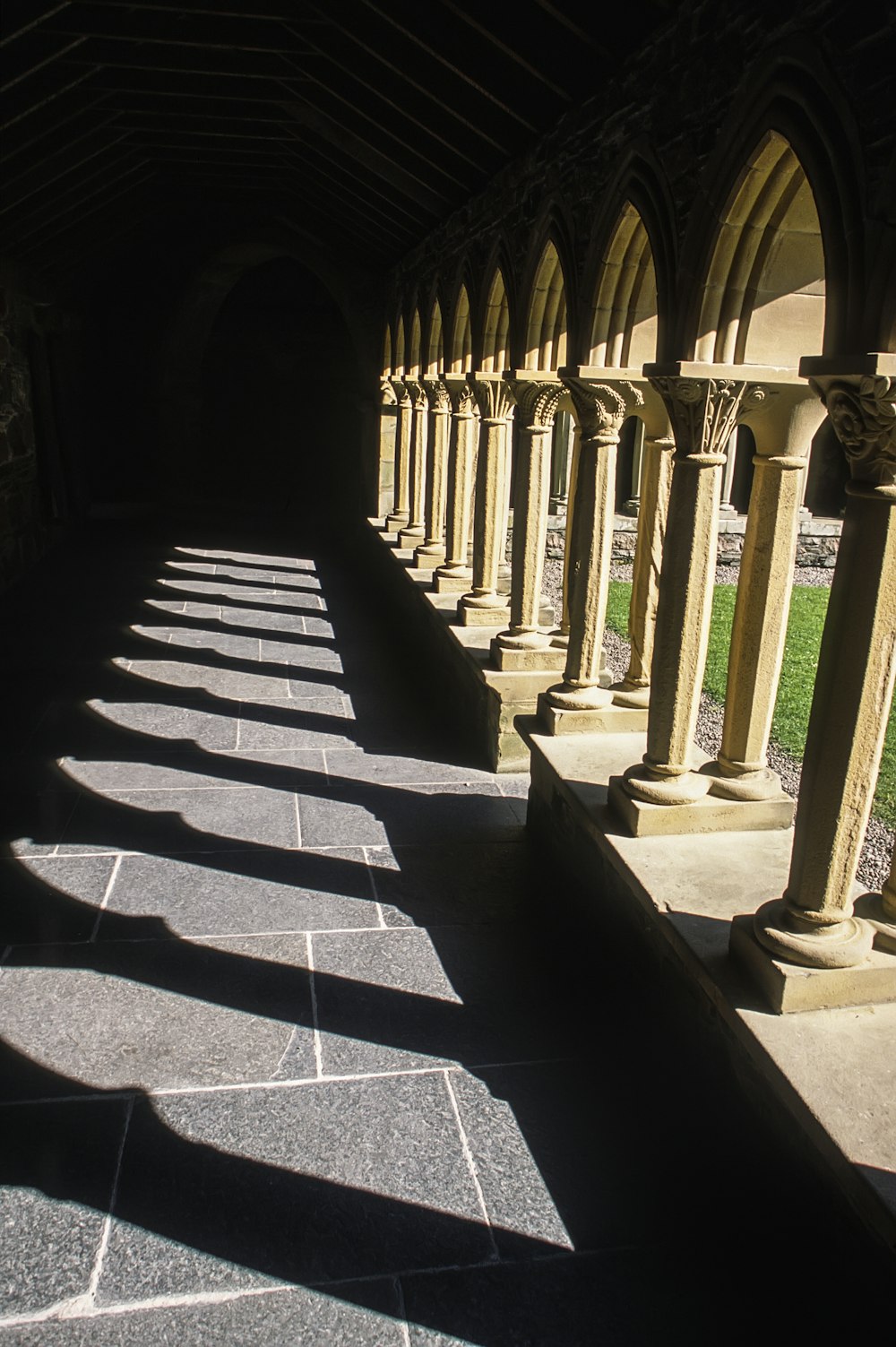We are delighted to share with you our library of resources. You can use the filter feature below to find topics most relevant to your curriculum.
Want to organise the resources you use most in one place? Register as a user to add content to your own Boards.
Iona, a 'Thin Place'
Who founded the monastery on the Island of Iona?

The Island of Iona is believed to be one of these 'thin places'. It is considered to be very special partly because it is believed to be the birthplace of Christianity in Scotland; where Saint Columba founded a monastery there in 563 AD.
Saint Columba was born in 521 AD in Donegal, Ireland, into the royal family. He was originally called named Crimthann, which means ‘fox’. Columba had a claim on the throne but this was not to be as he was sent into the Church instead. There he received a new name – Columba. It is Latin for ‘dove’. Later he became known as Colum-Chille ‘Dove of the Church’.

Columba worked hard on the copy and intended to keep it for himself. Abbot Finnian heard of Columba's plan and argued that he had no right to keep the copy. The dispute got out of control and eventually led to the Battle of Cul Dreimnhe in 561, during which many men were killed—perhaps 3000. As penance for these deaths, Columba offered to work as a missionary in Scotland to help convert as many people to Christianity as had been killed in the battle.
In 563, aged 42, Columba left Ireland for Argyll. He arrived on Iona with 12 companions and established a monastery there. The people of Argyll were already Christians and Columba acted as priest to them – baptising, marrying and teaching them.
He also undertook missionary journeys into Pictland to the east of the island. Columba was known as a friend to all; king or beggar alike. Because of these journeys, Christianity began to spread throughout Scotland.
Many Christians visit Iona every year on pilgrimage. Click here to find out about the sites they visit on the island.
